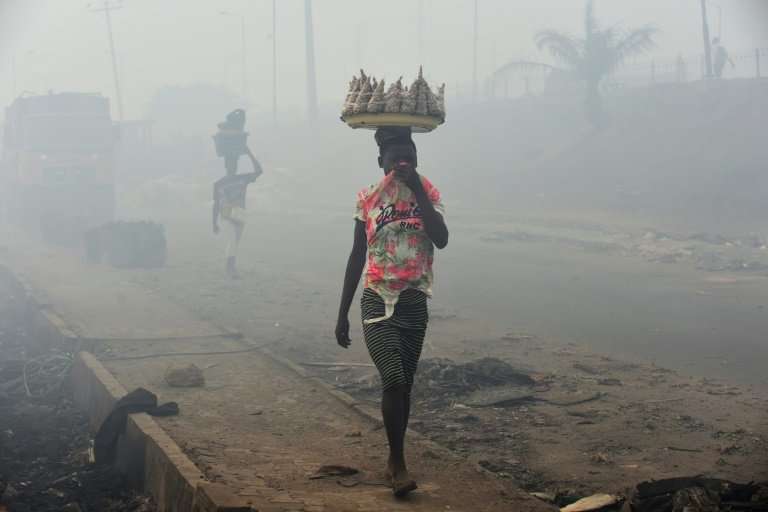
About 83 cases of Circulating Variant Poliovirus Type 2 (cVPVD2) have been recorded in the country this year. Consequently, the United Nations Children Fund (UNICEF) has called on the federal government to increase immunization coverage and intensify efforts to stop the cVPVD2 transmission, particularly in the Axis of Intractable Transmission (AIT) states of Katsina, Kano, Zamfara, Sokoto, and Kebbi.
UNICEF Chief of Health, Dr. Eduardo Celades, made the call in an interview with The Guardian on Thursday in Abuja, stating that if Nigeria can stop cVPVD2 transmission in the AIT states, it will end polio outbreaks in about 20 countries.
Eduardo noted that a major concern is Nigeria’s low routine immunization rates, highlighting that in Sokoto, only 11% of children under one are vaccinated against Penta-3, which is among the lowest in the world. He said, “It is difficult to stop polio transmission if you still have such a low coverage of vaccination. Strengthening routine immunization in primary health care is essential if we want to end polio.”
He also pointed out the challenges posed by vaccine hesitancy, saying that some communities are fatigued by repeated vaccination campaigns and are questioning the need for more rounds. “Working closely with communities is crucial to stop polio transmission,” he added.
While Nigeria was declared polio-free in 2020, the country has seen a resurgence of variant poliovirus, with over 1,000 positive samples reported in 2021. From 2021 to 2022, there was an 80% reduction in cases, but in 2023, no progress was made. This year, however, 83 positive samples have been recorded, indicating an 85% improvement compared to last year.
Eduardo emphasized that Nigeria is home to the highest number of zero-dose children in the world—those who have not been vaccinated at all—making them highly vulnerable to outbreaks. He cited recent outbreaks of diphtheria, measles, and polio, which primarily affect unvaccinated children.
He said the priority for Nigeria is to reach these zero-dose children, especially those in remote and insecure areas. A task force has been established, involving governors, UNICEF, and other stakeholders, to mobilize funding and efforts to eradicate polio. However, Eduardo warned that if polio transmission is not halted globally by next year, funding for polio eradication will decrease dramatically.
Professor of Virology Oyewole Tomori also noted that Nigeria is still experiencing circulating vaccine-derived poliovirus due to inadequate immunization coverage. He stressed that immunization must be comprehensive, addressing both quantity and quality, as many children do not receive the full vaccination doses they require.
Tomori called for at least 80% to 90% immunization coverage to effectively combat the issue and highlighted the impact of insecurity on vaccination efforts. He emphasized the need for increased awareness and countering the anti-vaccination campaigns that have emerged, which affect all vaccines, not just COVID-19.
He urged the government to mobilize local resources to bridge the funding gap in immunization, particularly amid decreasing donor support.






